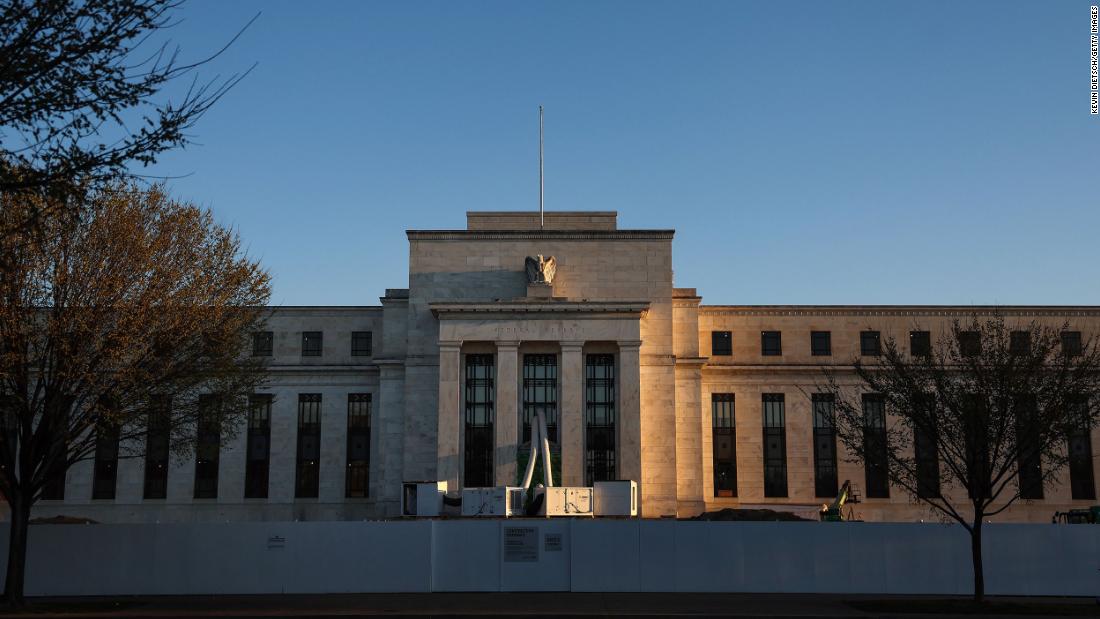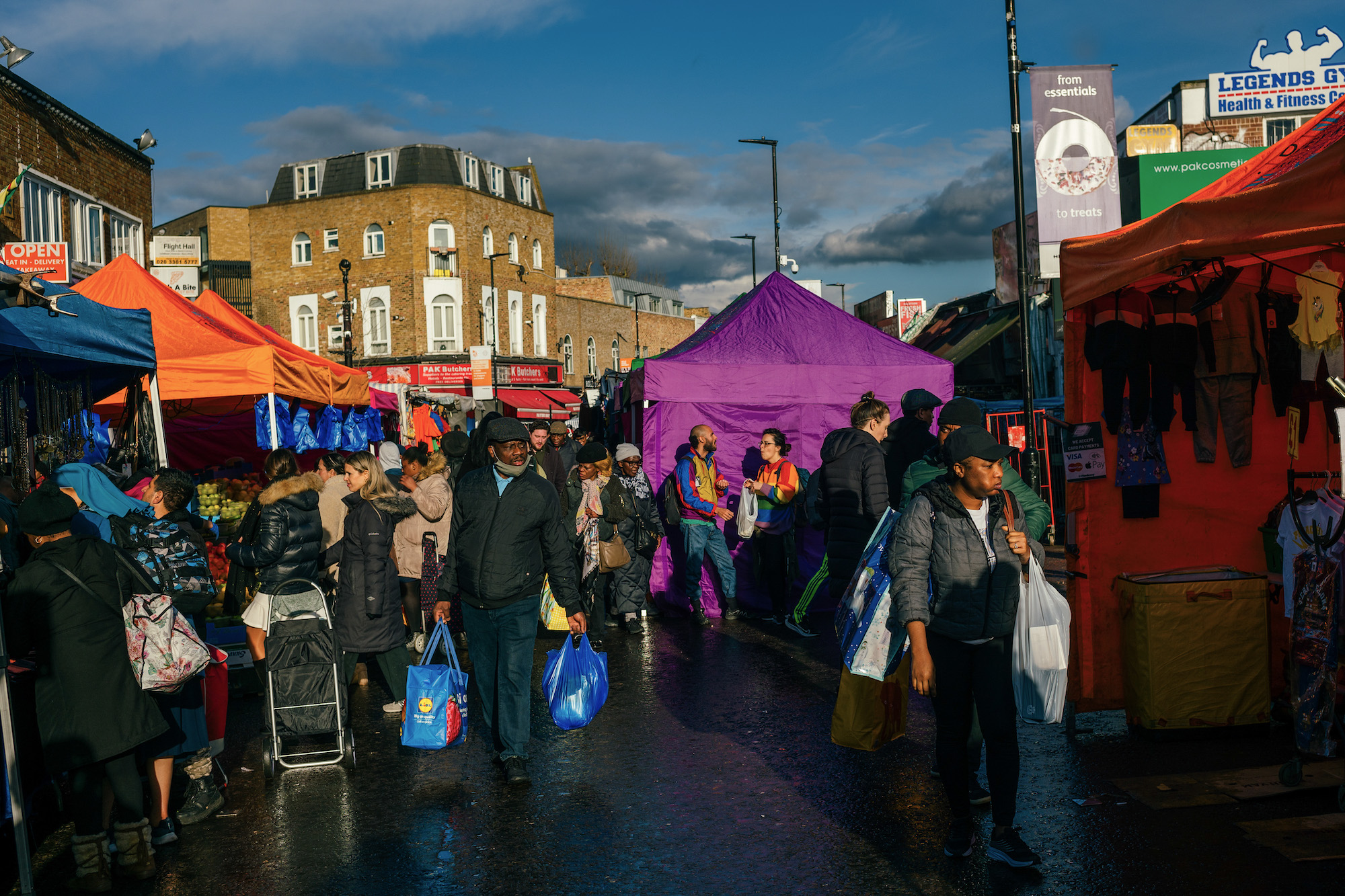

UK consumer prices jumped by 10.4% in February compared with a year ago, as food inflation hit its highest level in more than 45 years, and as the cost of visiting restaurants and hotels increased, official data showed Wednesday.
Food prices soared 18.2% through the year to February, the sharpest rise since the late 1970s. The Office for National Statistics noted particular increases for some salad and vegetable items, partly caused by shortages, which led to rationing by supermarkets.
The surprise uptick in inflation in February follows months of deceleration since the pace of price rises reached a 41-year high of 11.1% in October.
The latest figures could make it more likely that the Bank of England hikes interest rates again when it meets Thursday.
Although recent turmoil in the banking sector is expected to weaken economic activity, as lending criteria are tightened, and so dampen inflation, “the Bank of England may well want to see hard evidence of that before it stops raising interest rates,” said Paul Dales, chief UK economist at Capital Economics.
“It’s still a very close call, but these figures give us a bit more confidence in our forecast that the Bank will raise interest rates from 4% to 4.25% tomorrow.”
But Samuel Tombs, chief UK economist at Pantheon Macroeconomics, said increases in food inflation and catering services inflation accounted for all of the rise in the headline rate and both were linked to the jump in the price of fresh food as a result of bad harvests.
“This boost should unwind over the coming months,” he said on Twitter. “It makes little sense to hike rates to counter a weather-related jump in food prices.”
Core inflation — which strips out volatile food and energy costs — also rose, coming in at 6.2% in the year to February, up from 5.8% in January.
The data complicates the central bank’s decision over whether it should raise rates for the 11th consecutive time Thursday — and makes it harder for the government to deliver on its January pledge to halve inflation this year.
And Britons are still getting poorer. Wages rose 6.5% in January compared with a year prior, far below the inflation rate both that month and in February.
